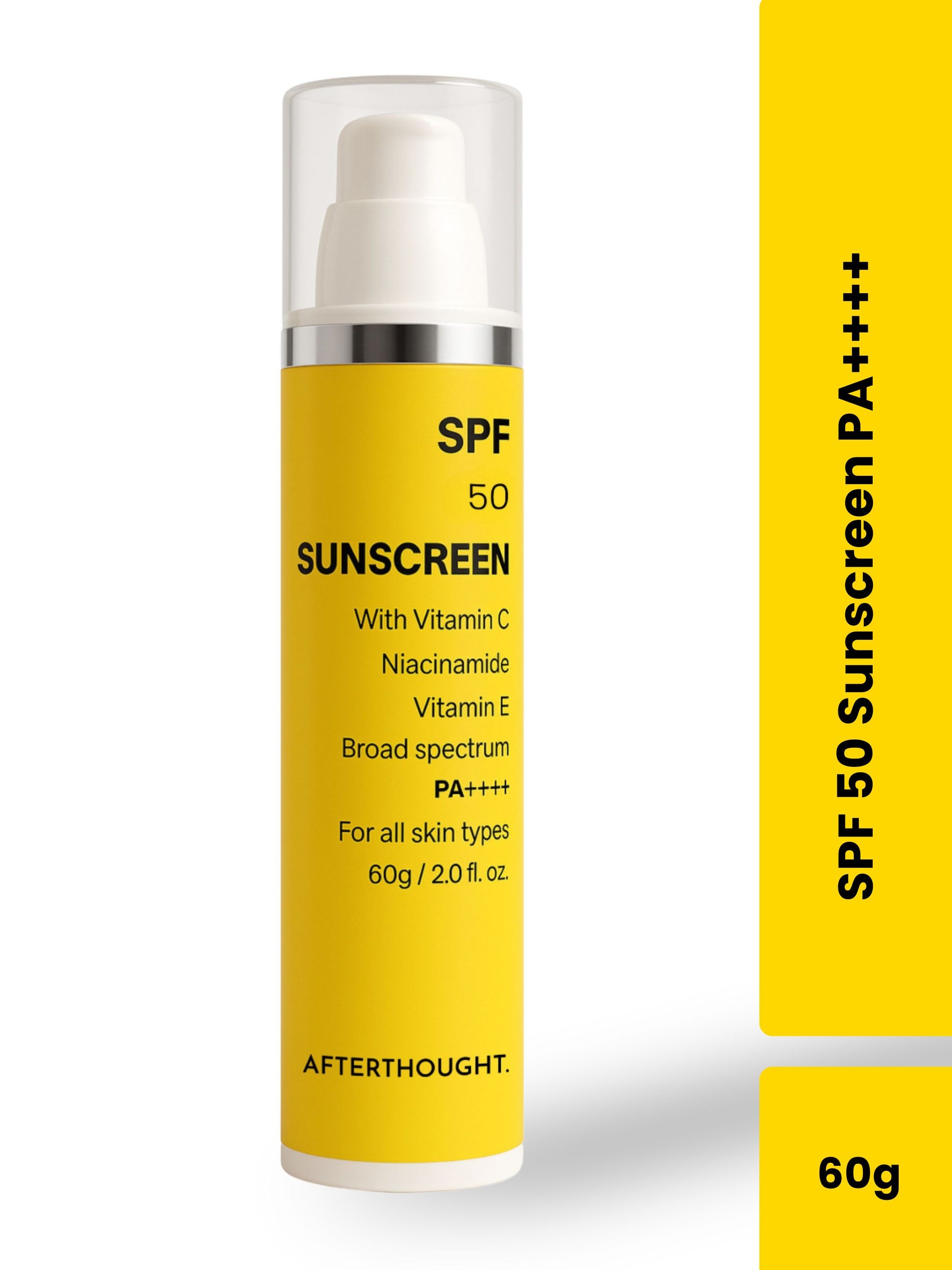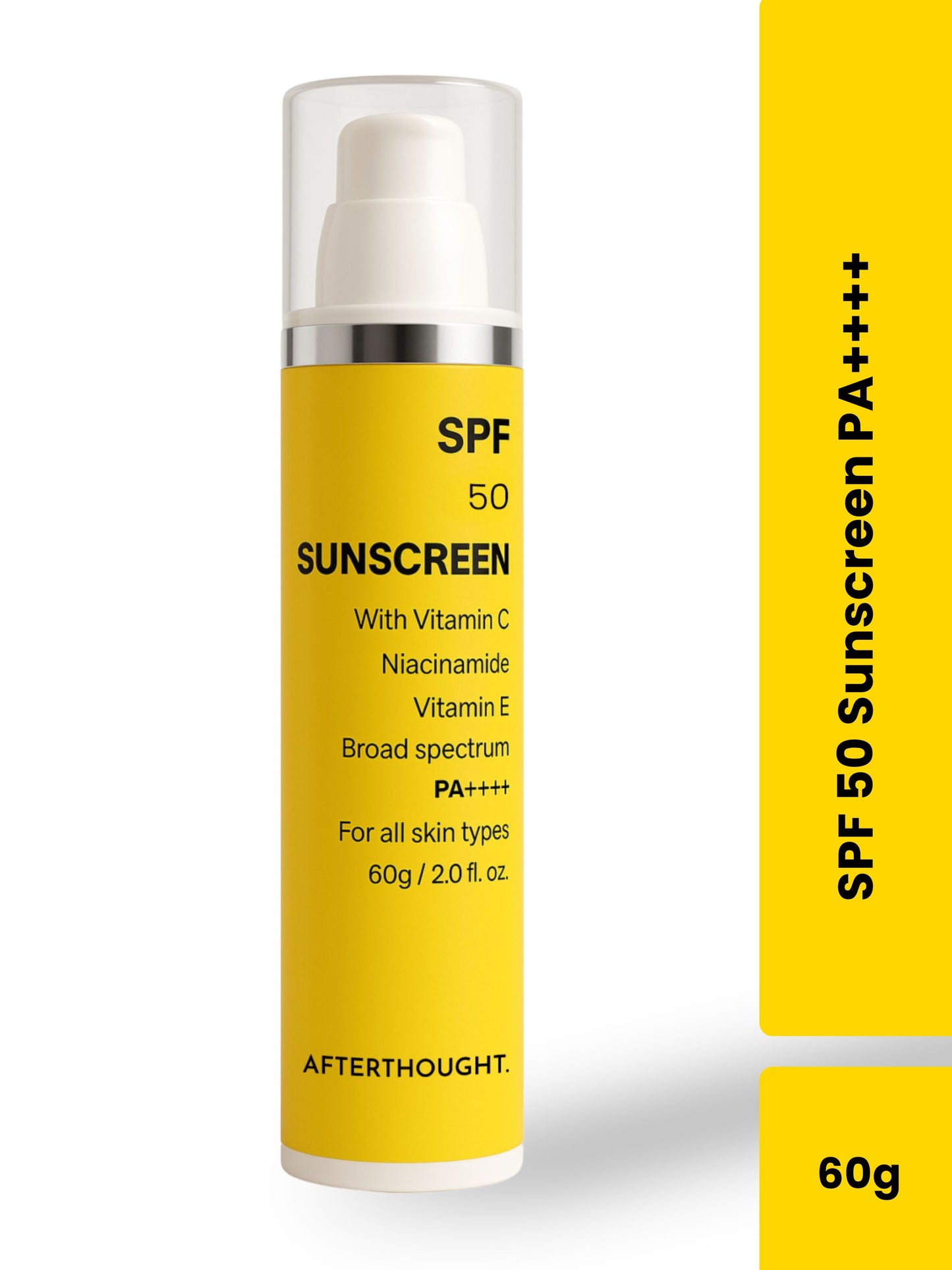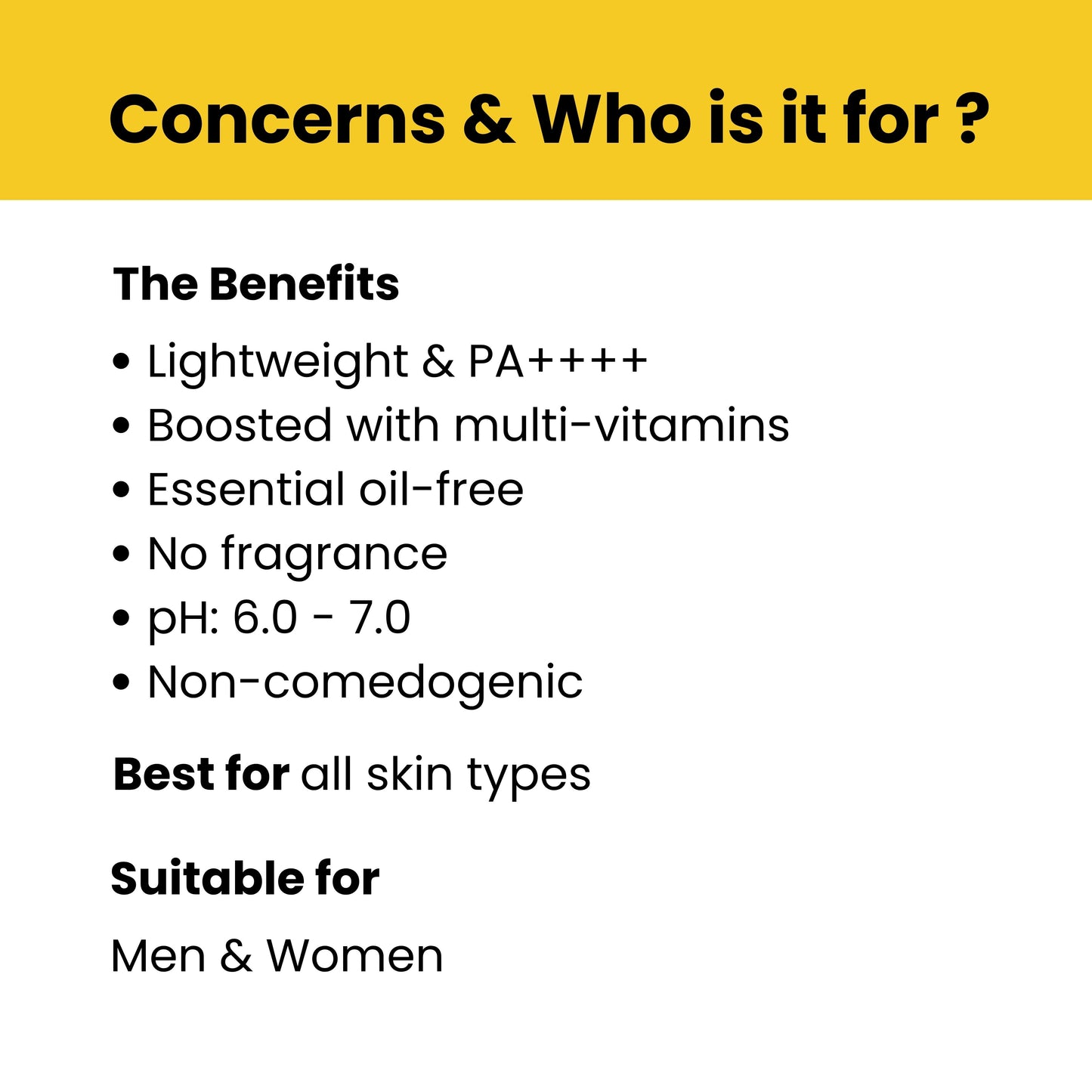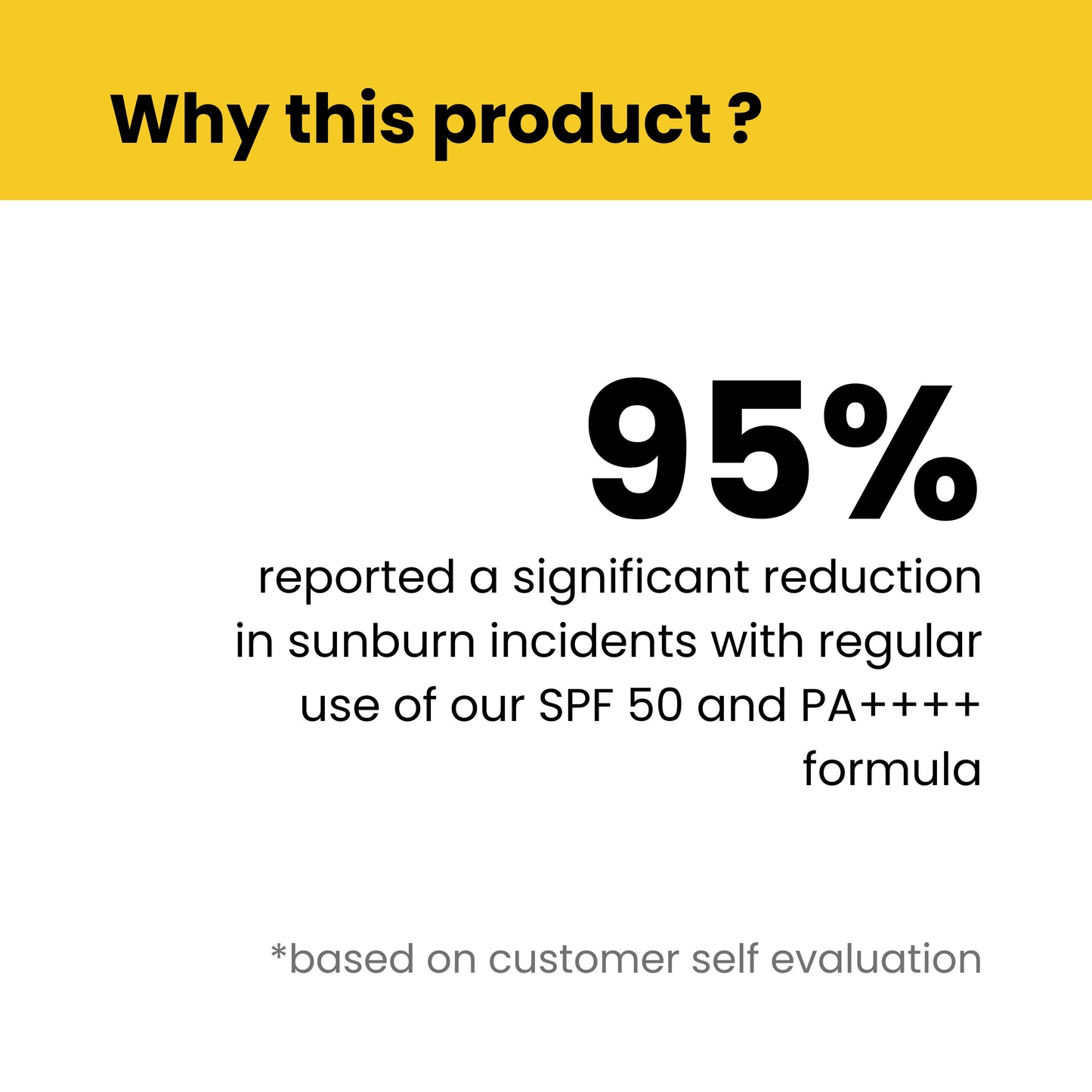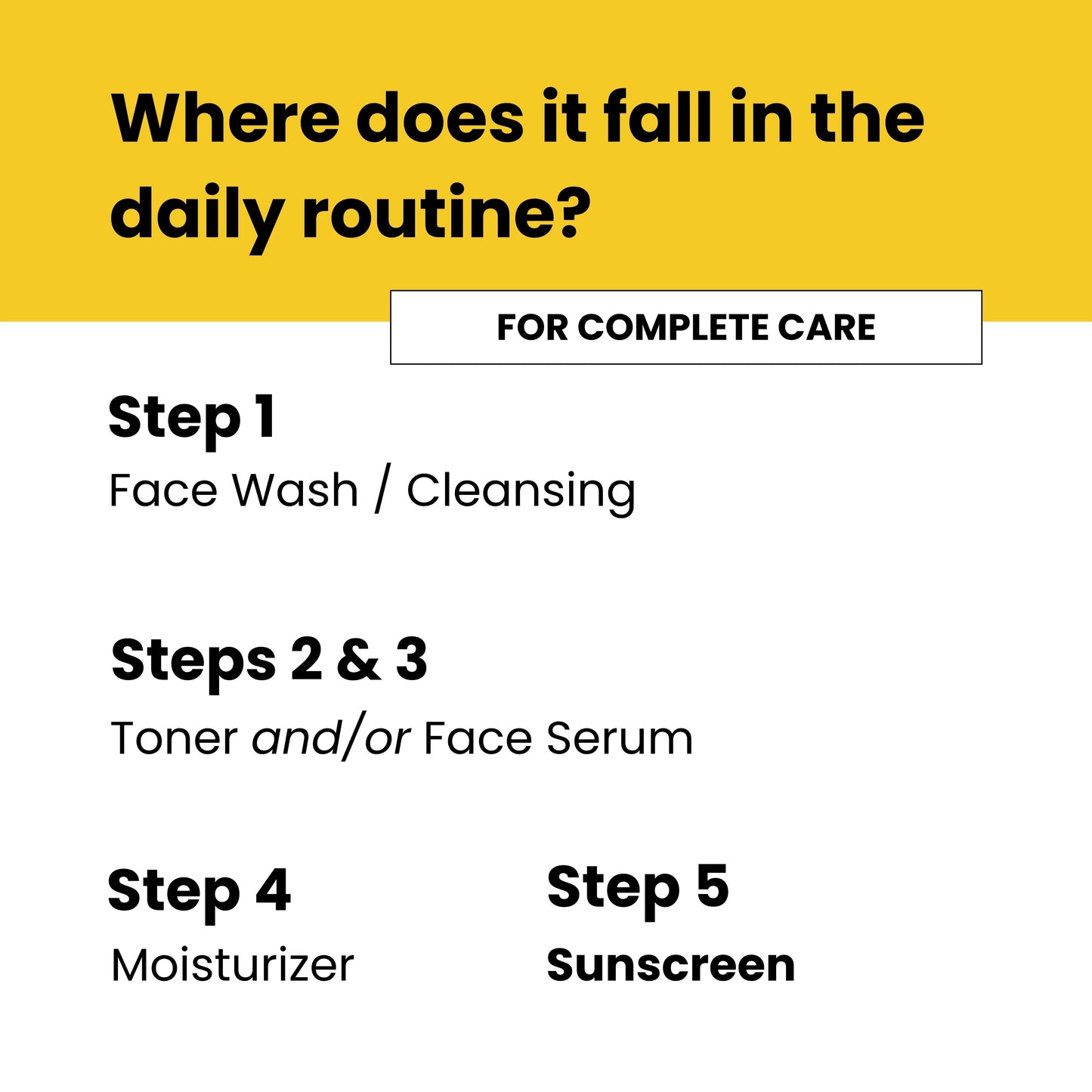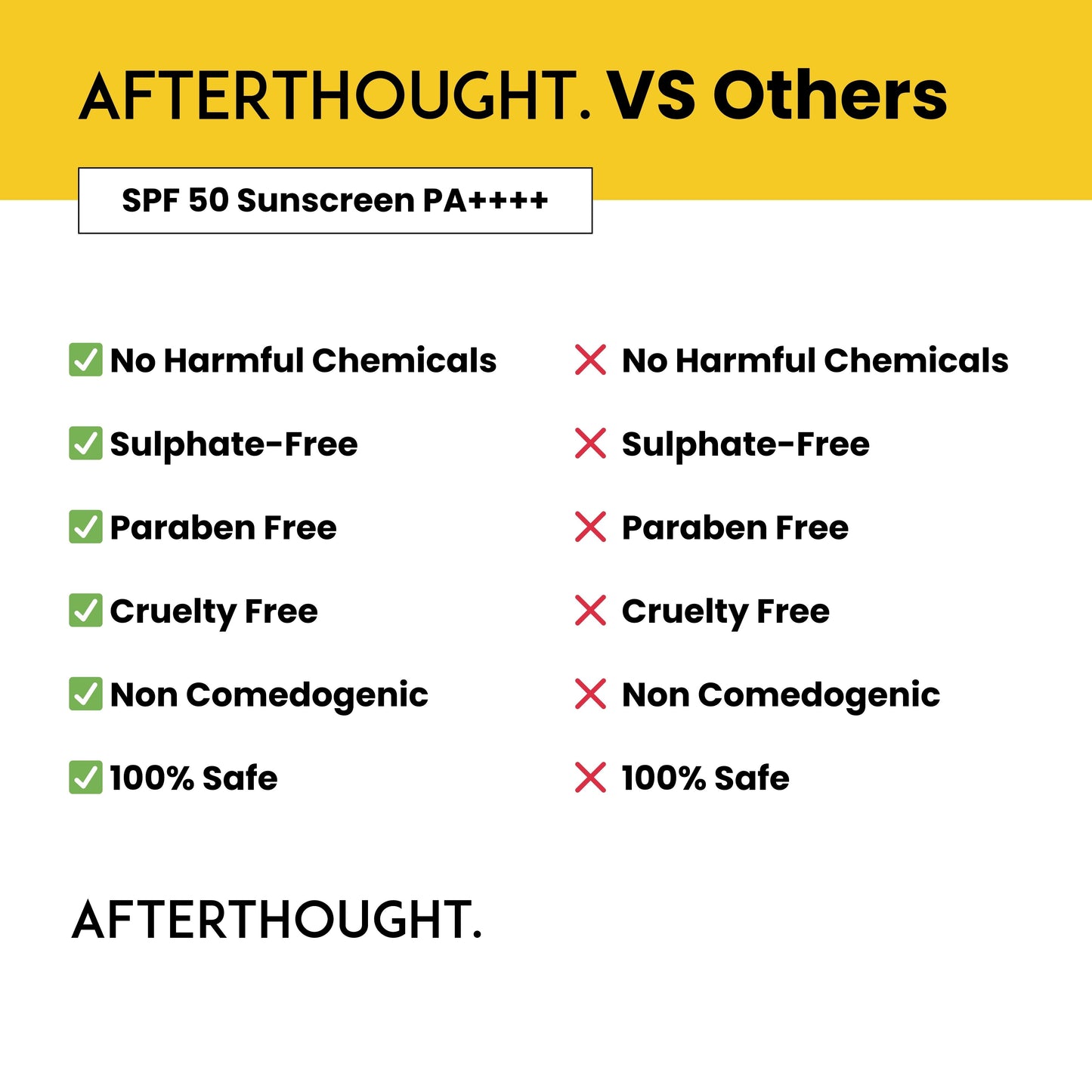What Is Water Based Sunscreen?
When it comes to skincare, sunscreen is a non-negotiable staple, crucial for protecting our skin from the harmful effects of ultraviolet (UV) radiation.
Among the various types of sunscreens available, water-based sunscreens have gained popularity, especially among those with sensitive or acne-prone skin.
But what exactly is water-based sunscreen, and why might it be the right choice for you? This article delves into the science, benefits, and considerations of using water-based sunscreen.
What is Water-Based Sunscreen?
Water-based sunscreen is a type of sunscreen formulated primarily with water as the base ingredient. Unlike oil-based sunscreens, which use oils as the primary carrier, water-based sunscreens offer a lightweight, non-greasy texture.
This type of sunscreen typically incorporates a blend of water and other hydrating ingredients, such as glycerin or hyaluronic acid, to provide moisture while protecting the skin from UV damage.
How Does It Work?
The efficacy of water-based sunscreen lies in its active ingredients, which can be either chemical or physical filters.
- Chemical Filters: These work by absorbing UV radiation and converting it into harmless heat, which is then released from the skin. Common chemical filters include avobenzone, octinoxate, and oxybenzone. In water-based formulations, these filters are suspended in the water phase, making them less likely to clog pores.
- Physical Filters: Also known as mineral filters, these work by reflecting UV rays away from the skin. Zinc oxide and titanium dioxide are the most common physical filters. Water-based sunscreens with physical filters often provide a matte finish and are suitable for those with oily skin.
Benefits of Water-Based Sunscreen
- Lightweight and Non-Greasy: One of the main advantages of water-based sunscreen is its lightweight texture. It absorbs quickly into the skin without leaving a greasy residue, making it ideal for daily use under makeup or on its own.
- Suitable for Sensitive and Acne-Prone Skin: The non-comedogenic nature of water-based sunscreens means they are less likely to cause breakouts or irritate sensitive skin. The absence of oils reduces the risk of clogging pores, which is a common concern with traditional sunscreens.
- Hydrating Properties: Many water-based sunscreens are formulated with moisturizing ingredients, providing an added layer of hydration. This makes them particularly beneficial for individuals with dry skin or those living in dry climates.
- Comfortable Wear: Because of their water-based formulation, these sunscreens feel more comfortable on the skin, especially in hot and humid conditions. They don’t contribute to excess oiliness or shine, which can be a concern with other types of sunscreens.
Considerations When Using Water-Based Sunscreen
- Reapplication is Key: Like all sunscreens, water-based sunscreens need to be reapplied every two hours, especially if you are sweating or swimming. The water content may make them more susceptible to being washed off, so reapplication is essential to maintain protection.
- Potential for Lower SPF: Some water-based sunscreens may have a lower SPF rating compared to oil-based versions. It’s crucial to choose a sunscreen with at least SPF 30 for adequate protection against UVB rays, which are primarily responsible for sunburn and contribute to skin cancer.
- Compatibility with Other Skincare Products: When layering with other skincare products, such as serums or moisturizers, ensure compatibility to avoid pilling. Pilling occurs when products roll off the skin, which can compromise the effectiveness of your sunscreen.
How to Choose the Right Water-Based Sunscreen
Selecting the right water-based sunscreen depends on your skin type, lifestyle, and personal preferences. Here are some tips to help you make an informed decision:
- Check the Ingredients: Look for sunscreens with hydrating ingredients like glycerin or hyaluronic acid, especially if you have dry skin. For sensitive skin, opt for formulations free of fragrances, alcohol, and parabens.
- Consider Your Skin Type: If you have oily skin, a water-based sunscreen with a matte finish will help control shine. For dry skin, a more hydrating formula is preferable.
- SPF Rating: Always choose a sunscreen with a minimum of SPF 30. Higher SPF ratings offer more protection but don’t significantly increase the duration of protection, so regular reapplication is still necessary.
- Broad-Spectrum Protection: Ensure the sunscreen provides broad-spectrum protection, meaning it shields against both UVA and UVB rays. UVA rays penetrate deeper into the skin, causing aging and contributing to skin cancer, while UVB rays are the primary cause of sunburn.
Application Tips
To maximize the benefits of water-based sunscreen, follow these application tips:
- Apply Generously: Use a sufficient amount of sunscreen to cover all exposed areas of your skin. A common mistake is applying too little, which reduces the effectiveness of the protection.
- Layer Wisely: If you’re using other skincare products, apply them in the correct order: cleanser, toner, serum, moisturizer, and then sunscreen. Give each product a few minutes to absorb before applying the next one.
- Don’t Forget the Neck and Ears: These areas are often overlooked but are just as susceptible to sun damage as the face. Make sure to cover all exposed skin.
- Reapply Frequently: As mentioned earlier, reapplication every two hours is crucial, especially if you’re outdoors for extended periods or participating in activities that cause sweating.
Conclusion
Water-based sunscreen is an excellent choice for those seeking a lightweight, hydrating, and non-greasy option for daily sun protection.
Whether you have sensitive, oily, or acne-prone skin, the benefits of water-based sunscreen make it a versatile and effective part of any skincare routine.
By understanding how it works, its benefits, and how to use it properly, you can ensure your skin stays protected and healthy, no matter the season.
Also Read: Which Sunscreen Is Best For Skin Whitening?


